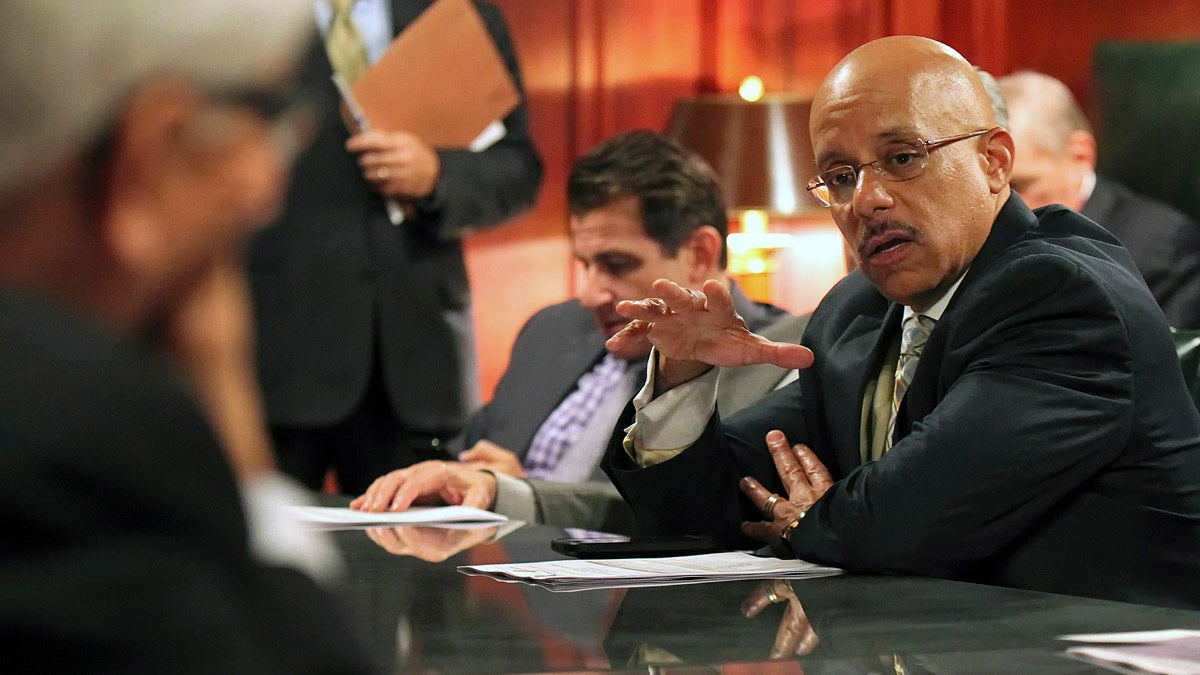Pennsylvania budget passes after fast-track negotiation

Pennsylvania Sen. Vincent Hughes
After two days with an underfunded state budget, Pennsylvania lawmakers have approved a revenue plan to balance the $31.5 billion spending bill.
Gov. Tom Wolf has signed it Wednesday evening, putting an end to the 2016/17 budget process.
Wolf said the action saved the commonwealth from a repeat of last year’s budget debacle.
“Today’s passage of a revenue package means we avoid another lengthy impasse,” he said in an official statement. “Our budget is balanced this year, and we have greatly reduced the budget’s structural deficit.”
The revenue package passed 116-75 in the House and 28-22 in the Senate. It notably includes income from tobacco taxes, gambling expansion, and liquor reform.
It also includes a provision to apply the state’s sales tax to digital downloads, a measure that was added later in the negotiating process.
However, some of the funds are projections, not assured revenue.
In addition, the gambling expansion bill, estimated to be worth $100 million, isn’t expected to come to a vote until the fall.
Senate Minority Chairman Vincent Hughes, D-Philadelphia, said it was no easy feat to raise the money without broad-based tax increases.
The bill “carves together smaller tax items in different areas — it took a little bit of extra time to verify those numbers and to agree on the final package — but I think this is a good piece, done at the right time,” Hughes said.
“It represents a spirit of compromise, and hopefully puts us in a better position going forward for the next several years.”
The final plan includes $752 million in recurring funding. The rest is one-time funding.
All told, the bill reports just under $1.29 billion to fill the revenue gap.
Voting on the bill was expedited by a conference committee, which passed an initial plan that the House and Senate could approve or veto. The chambers weren’t permitted to amend the bill.
WHYY is your source for fact-based, in-depth journalism and information. As a nonprofit organization, we rely on financial support from readers like you. Please give today.

